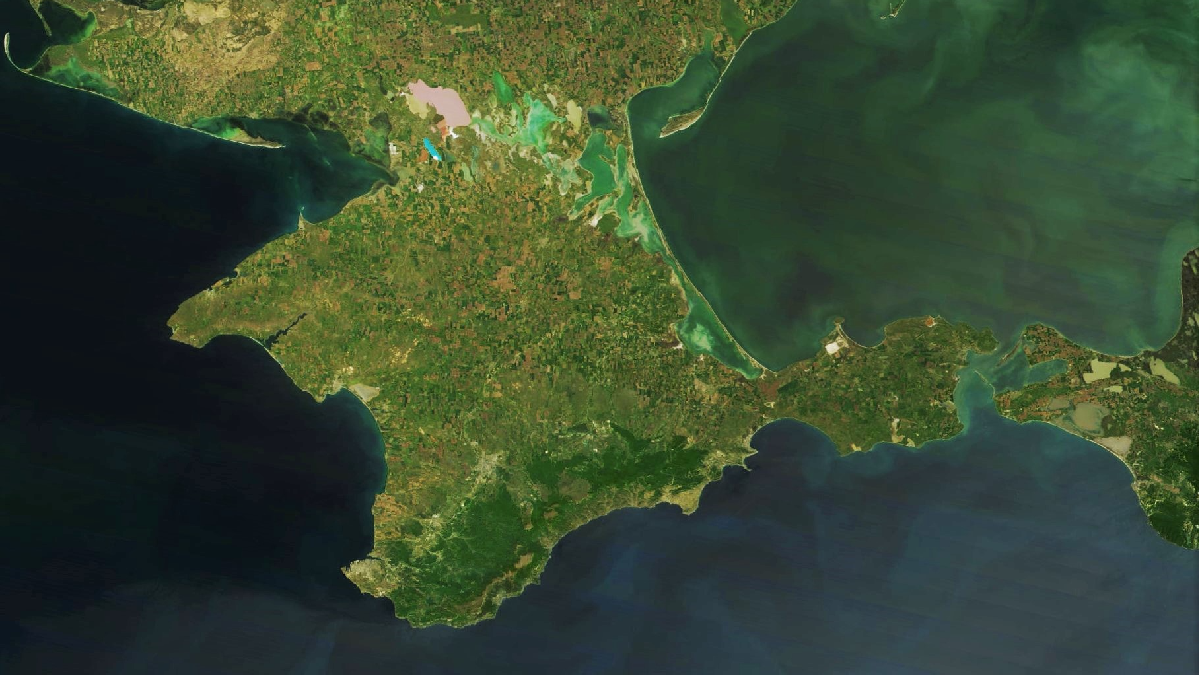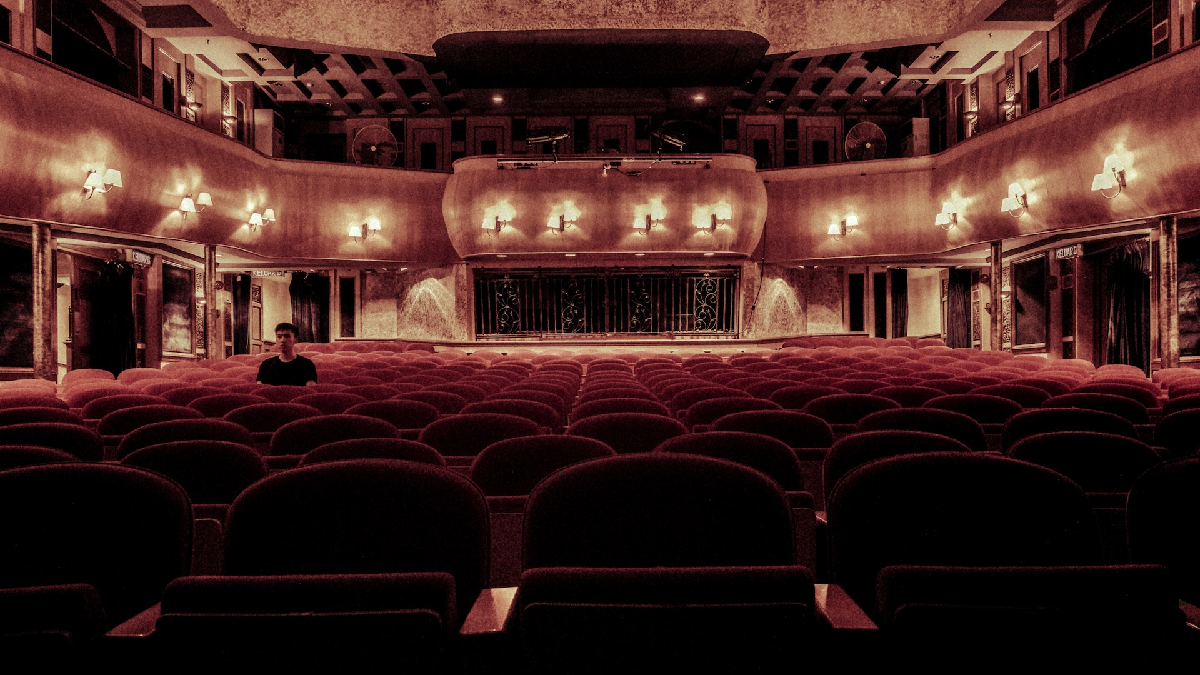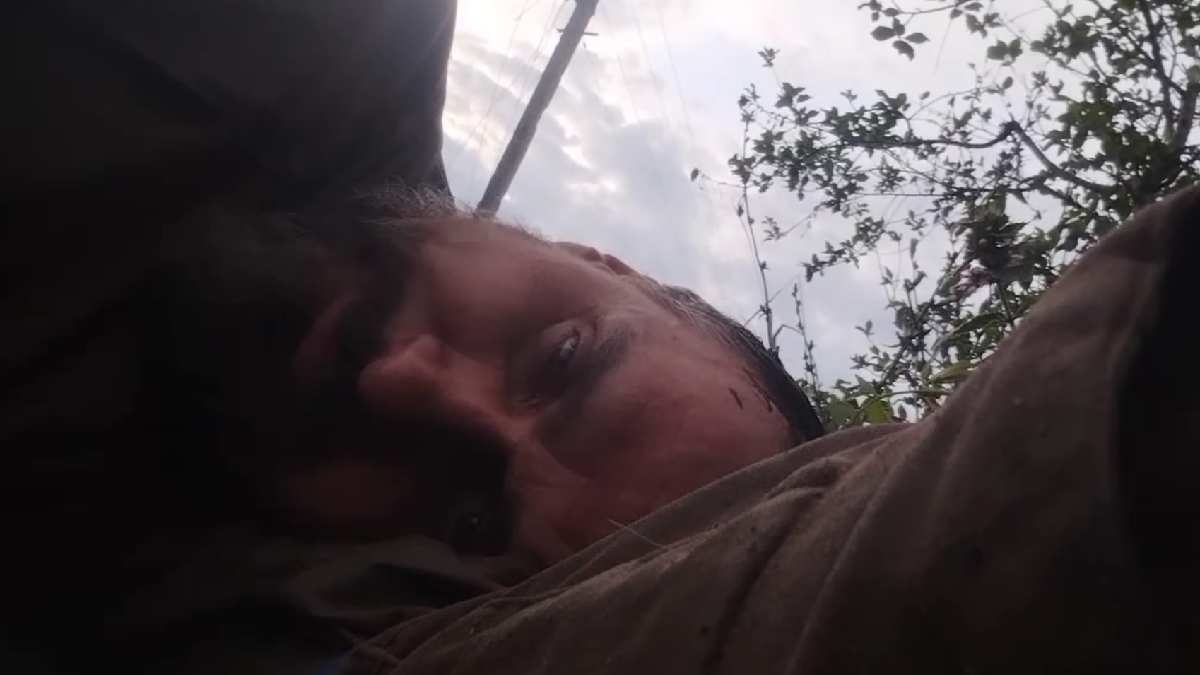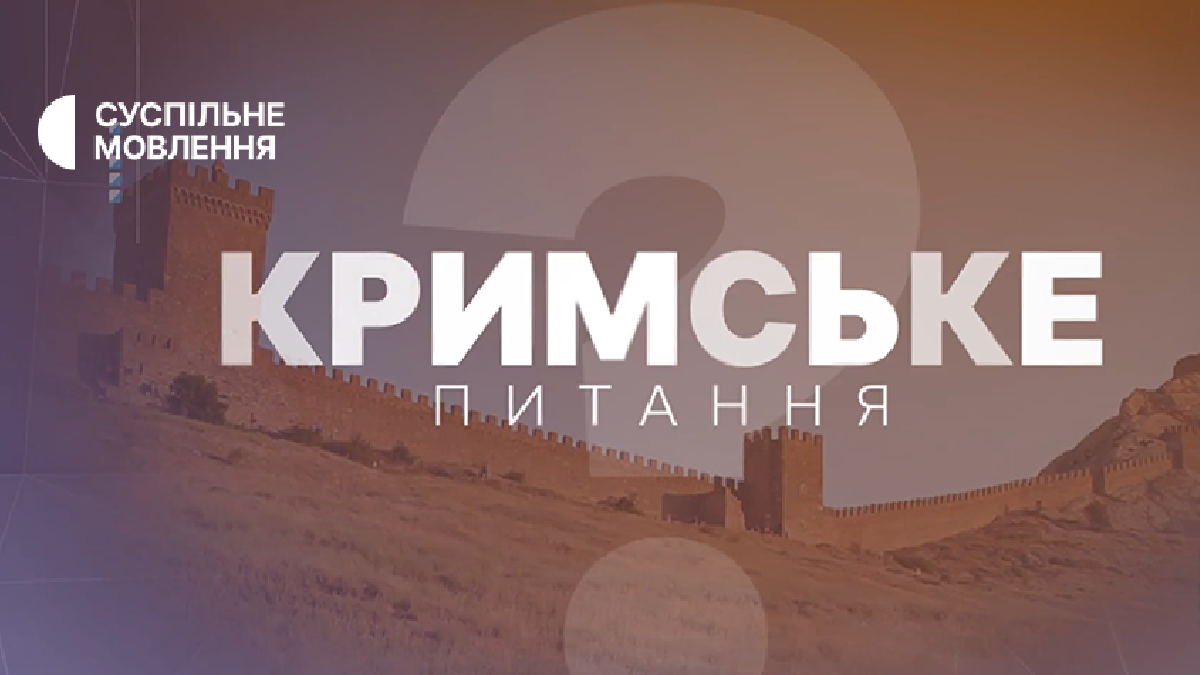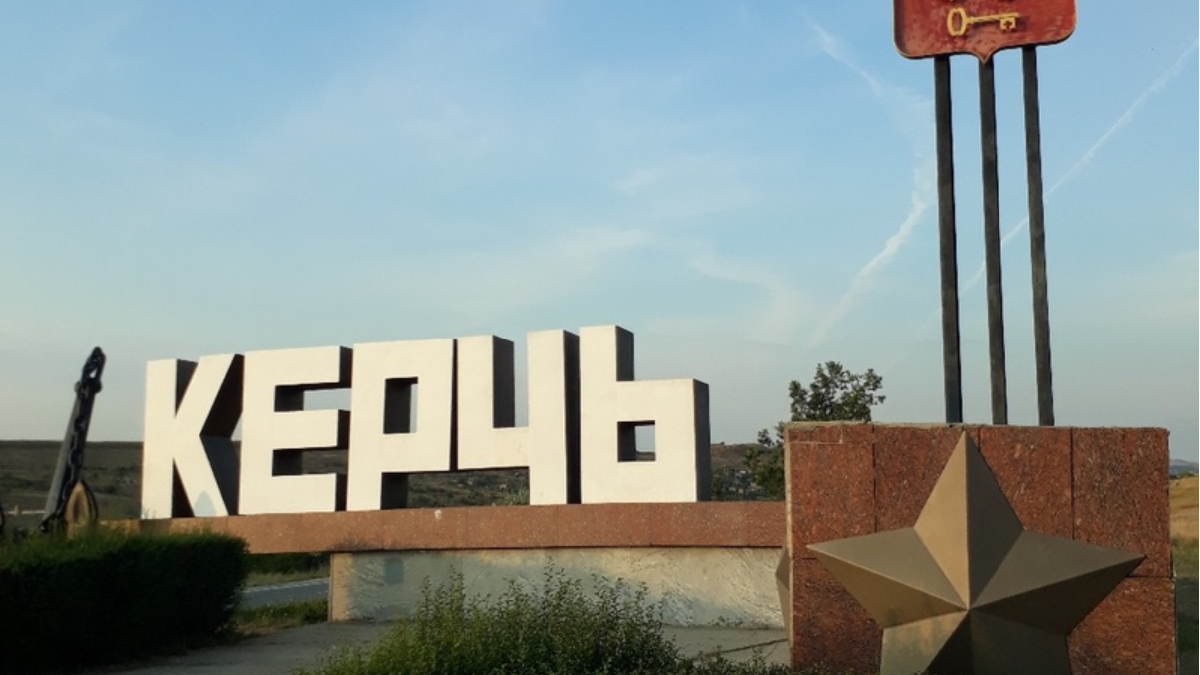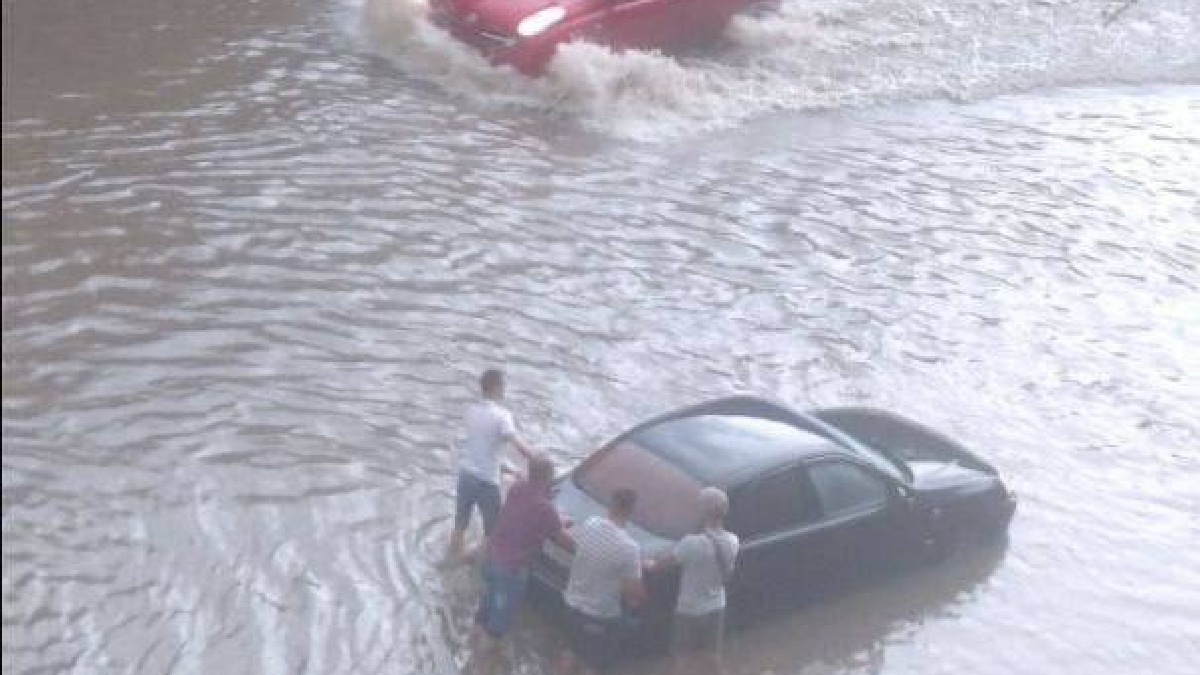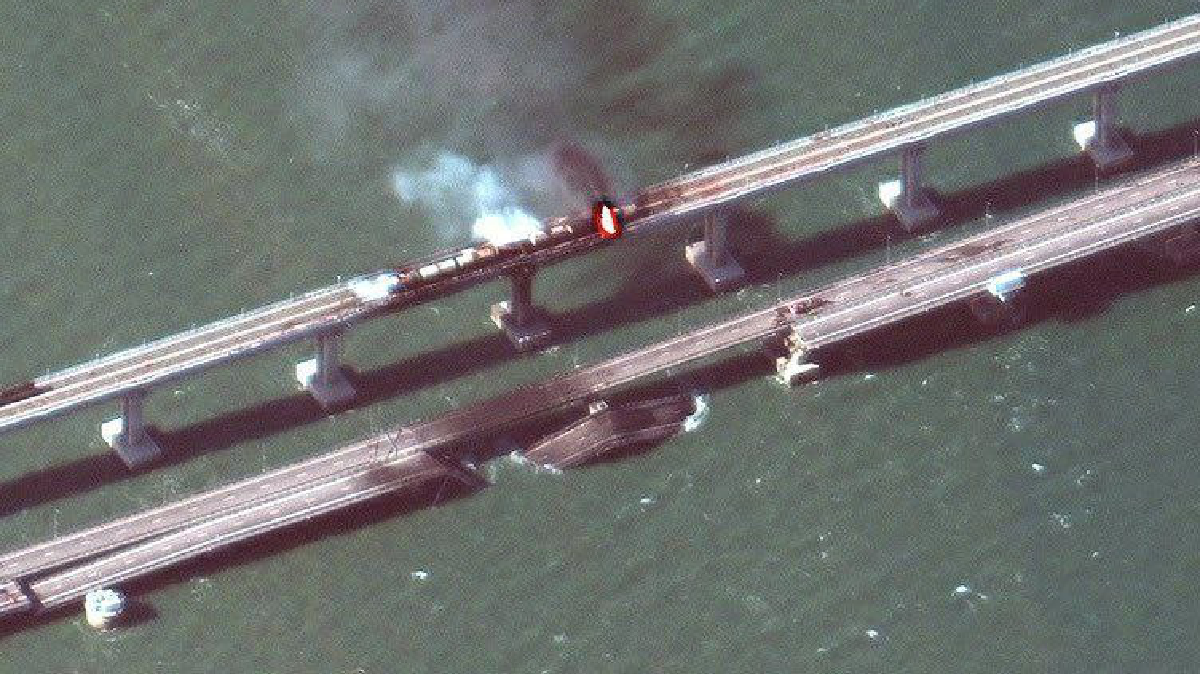To the ICC transferred the complaint about the Russian Federation for violation of property rights of almost 4 thousand citizens of Ukraine in occupied Crimea
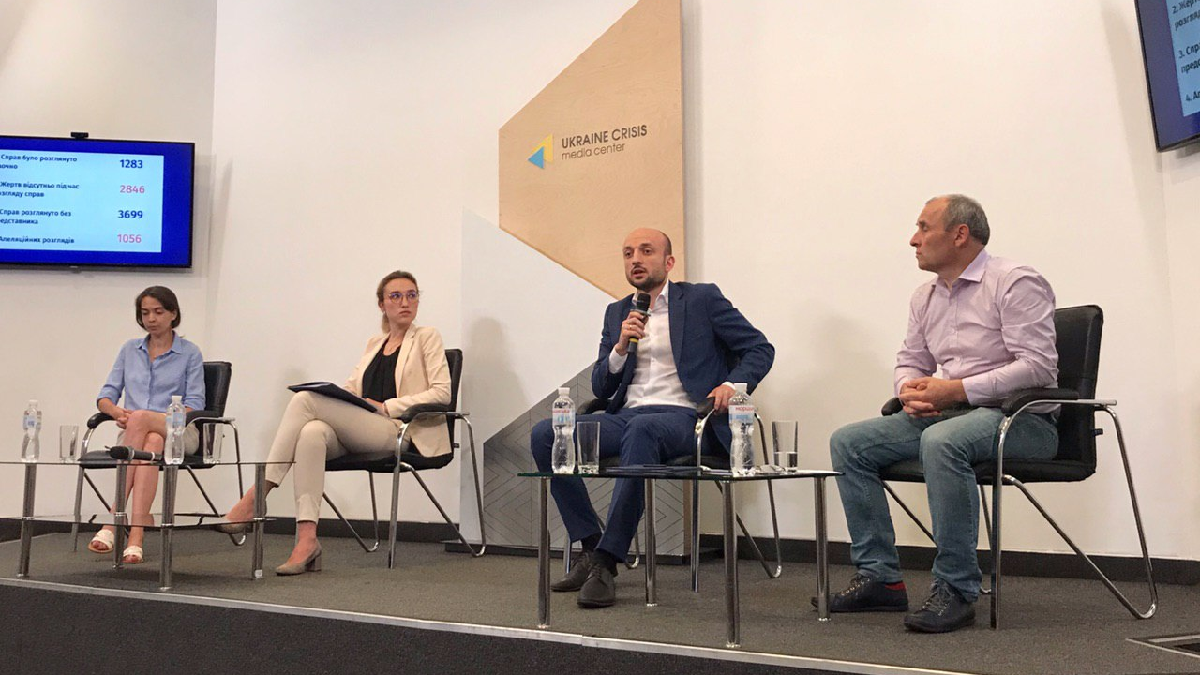
On July 27, the International Criminal Court received information about 3,952 victims of property violations in Crimea. The report was prepared by the Regional Center for Human Rights and the Prosecutor's Office of the Autonomous Republic of Crimea on the basis of monitoring court decisions.
This was announced on July 30 by the press service of the Regional Center for Human Rights.
According to them, 250 victims were identified in whom real estate was demolished, of which 192 in Crimea and 58 in Sevastopol. In 3,702 people, the occupation authorities confiscated land plots with a total area of at least 355 hectares (170 and 3,532 in the ARC and Sevastopol, respectively).
The Prosecutor's Office of the Autonomous Republic of Crimea has already launched a pre-trial investigation into these violations in accordance with Part 1 of Article 438 of the Criminal Code of Ukraine (violation of the laws and customs of war).
Darya Sviridova, First Deputy Spokeswoman for the President of Ukraine in the Autonomous Republic of Crimea, stressed to Crimean people who own property in occupied Crimea that for Ukraine and "for the whole civilized world" they remain the legal owners of this property.
"Any attempt to confiscate this property or destroy it is a crime of the Russian Federation. You can and should apply to Ukrainian law enforcement agencies to record these facts of confiscation, and to human rights organizations to protect your individual rights", - she said.
It is noted that the main arguments of the occupiers when the victims went to court were:
- illegal transfer of land ownership;
- lack of originals of the necessary documents in the archives on the peninsula;
- assignment of lands to places of special regime (after 2014);
- illegality of building permits issued by Ukrainian authorities.
"In fact, in most such cases, the occupying power violates the principles of international law, which indicate the inadmissibility of assessing the decisions of state bodies of one state by the courts of another, as well as the occupying state", - said Roman Martynovsky, a lawyer with the Regional Center for Human Rights.
According to him, state bodies are responsible for archives with relevant documents. And given that all the archives were seized by the Russian authorities, in his opinion, it is likely that the documents were lost or destroyed during the active phase of the occupation.
Assuming such a possibility, according to the Deputy Prosecutor of the ARC Vitaliy Sekretar, under international humanitarian law, the destruction and appropriation of another's property by the occupation authorities is prohibited. Under the Rome Statute and the Fourth Geneva Convention, such acts are generally prohibited and qualified as war crimes.
It is noted that the prosecutor's office, together with NGOs, is currently systematically collecting evidence of war crimes and crimes against humanity to further bring all perpetrators to justice at both the national and international levels.
"Currently, the Office of the Prosecutor of the International Criminal Court is at the stage of preliminary study of the situation in the temporarily occupied territories of Crimea and Donbas. And the ultimate goal of this analysis is to open a full-fledged investigation", - said Valeria Melnyk, Prosecutor of the Office for Crimes Committed in Armed Conflict, Office of the Prosecutor General.
What is known
- This is the second information report on the violation of property rights sent to the ICC. The first was transmitted in 2017 and contained general information about the systematic commission of such a war crime. This information was reflected in the reports of the ICC Prosecutor's Office for 2017-2019.

